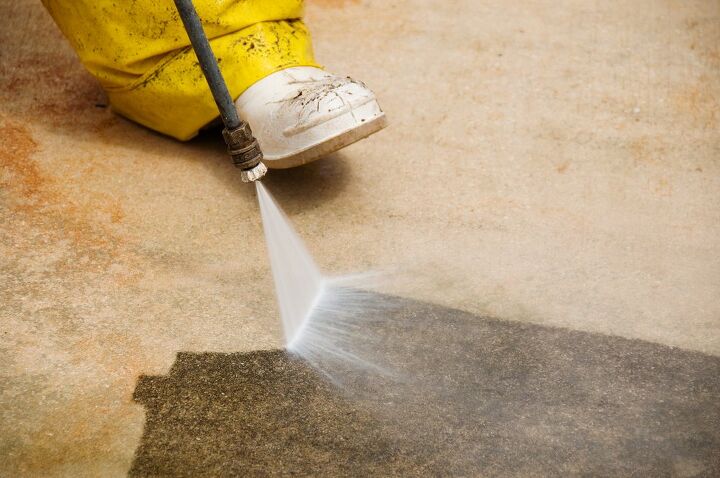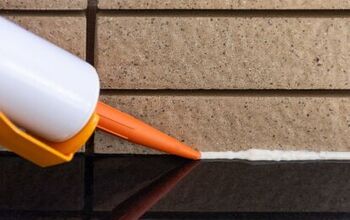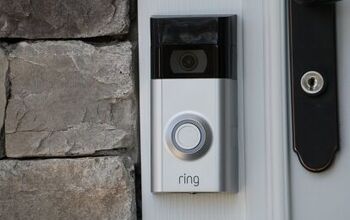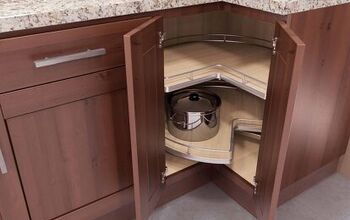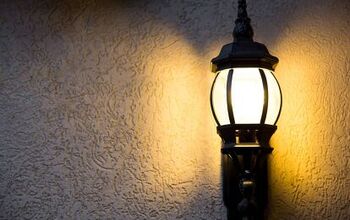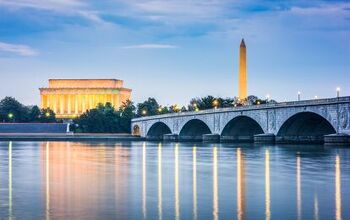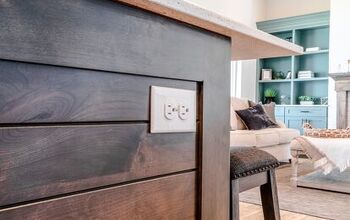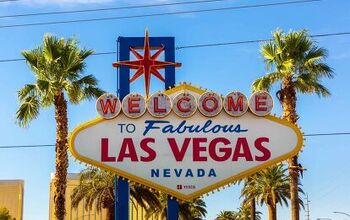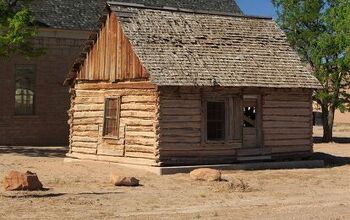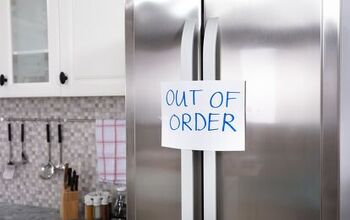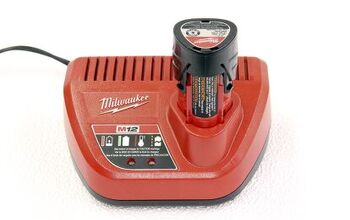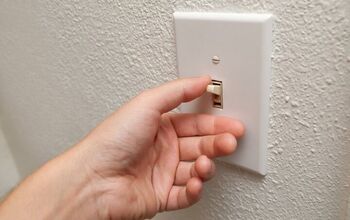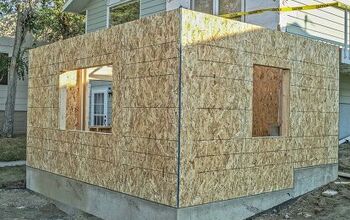Troy-Bilt Pressure Washer Won't Start? (We Have a Fix)

You’ve emptied your schedule, gathered supplies, and are ready to pressure wash your driveway when — nothing happens. Your pressure washer won’t start. What gives?
There are a few reasons why your Troy-Bilt pressure washer won’t start, ranging from easy fixes to death declarations. The most likely scenario is bad fuel, especially if your washer has been sitting unused for a while. The gas can simply be bad, or it could have clogged the carburetor, or worse.
Obviously, the first thing you want to check is to make sure your pressure washer is turned on. Then, if further investigation is needed, it’s time to get your hands dirty.
Do You Need Power Washing Services?
Get free, zero-commitment quotes from pro contractors near you.

How Long Has It Been Since You Used Your Pressure Washer?
If a decent amount of time has passed since you last used your pressure washer, then the odds are excellent that the fuel has gone bad. Old gas is not your friend; it can get gunky and carry a number of contaminants that can damage the engine.
Refrain from using gas longer than 30 days old, even if you have regularly used your washer. The older the gas, the more problems you are likely to run into.
All Gas Is Not Created Equal
Even if you regularly use your pressure washer, you can run into problems if it is not appropriately maintained. Make sure to check the gas and change it as needed periodically. It is also advised to refrain from using ethanol gas in small engines. Gas that you get at the pump can deteriorate over time, leading to corrosion and other issues with your washer’s fuel system.
Read the manual for your pressure washer carefully for proper maintenance recommendations, as all washers have different needs. Your manual might suggest using a fuel stabilizer to help fend off engine corrosion. An alternative would be to use a pre-mixed, ethanol-free fuel. This type of fuel works well for use with small engines and remains fresher for a longer period of time.
Simple Fixes To Get Your Pressure Washer To Start
So, if you’re all set to tackle your pressure washing projects, and your washer doesn’t start, what do you do? You don’t need to be a mechanical genius; it’s probably a simple fix. Before you give up or think all is lost, follow these simple steps to get, your Troy-Bilt pressure washer started.
- Turn your pressure washer off. Make sure your washer is switched to the off-position before you start tinkering. In fact, you may even just want to unplug it.
- Check the gas in the fuel tank. The odds are it’s old and getting a bit funky. The resulting sticky goo can clog your carburetor; if this is the case, use a carburetor cleaner to clean it. If cleaning doesn’t do the trick, you might need to replace it.
- Replace the gas. Replace the gas in the fuel tank according to the directions in your manual. You’ll need to make sure that you do check your manual, as each tank is different and will have different instructions with it.
- Change the oil in the pump. Check the manual to see if changing the oil in the pump might be necessary. Not all residential pressure washers are designed the same, so it’s essential to check the specific requirements for your power washer.
- Restart the pressure washer. Restart your pressure washer to see if that did the trick.
What About An Electric Pressure Washer?
The steps mentioned above are helpful to get your gas-powered pressure washer to start, but what if your washer is electric Obviously, fuel is not a problem with an electric pressure washer. Instead, there are a host of electrical components that could be to blame.
First, try the obvious — make sure the plug is securely in the outlet. You can also try a different outlet; it might not be your pressure washer at all. Sometimes, the simplest fix does do the trick. Also, use an outlet with no other appliances plugged into it that could draw power away from the washer. If you are using an extension cord, check your washer’s manual to ensure you are using the proper type.
What If Your Pressure Washer Still Won’t Work?
If the fuel is right to go and your pressure washer still won’t start, there are a few other possibilities.
Before you throw in the towel, give these items a quick once-over first:
- Check the air filter. If it’s dirty or damaged, replace it.
- Check your oil and replace it if necessary (check your manual).
- Check the spark plug and make sure it is properly and fully connected. You might need a new spark plug.
- Check all of your connections and valves for any damage, looseness, or leaks.
- Check the ignition coil using a simple ignition coil tester. You might just need to replace the coil.
If nothing works, and you’re stuck with a dead pressure washer, then it’s probably time to admit defeat. You don’t have to give up on your project, though; you just need a different washer. If you liked the one you had, you could always bring it into a Home Depot or Lowes. They’re more than happy to compare and order a replacement for you!
You Need A Back-Up Plan – Buy New Or Rent?
If your pressure washer has officially bit the dust, you have several options. You can hire a pro, or you can rent a washer, or buy a new one. However, if your project is a one-and-done deal, then you might want to just go ahead and let someone else do the work for you. If that’s not your style, or you have several projects planned over a short timeframe, renting is a good option.
You can rent a medium-duty pressure washer from Lowe’s or Home Depot for roughly $80 a day. Check with your local store for minimum rental periods, exact pricing, and what is included with the rental. On the other hand, if you do a lot of pressure washing, buying is probably the more economical option. Whether used for business or personal projects, proper maintenance can help your pressure washer last for its maximum work-life.
Taking Your Pressure Washer To A Specialist
While it may seem a good idea to bring your pressure washer into a specialist to have them fix it, you might be spending more money to fix it than you would purchase a new one. If it’s a simple fix, this is something that you can do on your own, more than likely. However, if it’s a simple fix, and you don’t want to do it yourself, that’s when it’s a good idea to bring it to a specialist. You’ll most likely spend $30 to $95 for easy fixes.
Related Questions
How long does a pressure washer usually last?
The average pressure washer, when properly maintained, can last for about 500 hours of use. Of course, this number varies with the type of pressure washer, quality of maintenance, and how the washer is stored. A higher-quality pressure washer will likely last longer than a cheaper alternative. In other words, you get what you pay for.
If you buy a cheap washer for home projects, expect to get one to two good years out of it. If you spring for a higher-quality model, you could get up to four solid years of work from it.
How often should you perform routine maintenance on your pressure washer?
The life of your pressure washer is directly linked to how well it is maintained. When it comes to a gas-powered washer, it is critical to empty the fuel tank if the washer will not be used for a while.
- Note: Your washer should be thoroughly checked before and after each use. Always check all connections, hoses, and valves and address any damage or leaks immediately.
Make sure to use the correct parts and accessories for your pressure washer, and follow the manual’s specific maintenance requirements. What works well for one pressure washer is not what is best for all of them.
Besides Troy-Bilt, what are some of the most reliable brands of pressure washers?
In addition to Troy-Bilt, some other popular brands for gas-powered pressure washers that perform reliably well and have received good feedback are Ryobi, DeWalt, Generac, Simpson, Predator, and Briggs & Stratton. If you’re leaning toward an electric-powered pressure washer, look at NorthStar for a 240V, and Craftsman and GreenWorks feature some 120V models that rank relatively high in product reviews and tests.
Do You Need Power Washing Services?
Get free, zero-commitment quotes from pro contractors near you.

Wrapping Up
If your gas-powered pressure washer won’t start, the most likely culprit is the gas. Start with checking the fuel tank and replacing old gas, and changing the oil if needed. If the gas has sat for too long, it could have clogged your carburetor or done damage to the engine. If, after changing the fuel and oil and checking all connections, your washer still doesn’t start, you might need to admit defeat.
Check out your local home improvement stores for rental options or see if buying new is the way to go. For more great tips and advice on how to tackle your home improvement to-do list, check out the rest of our blogs! We’ve got you covered, no matter how big or small your next project is!
Related Guides

Stacy Randall is a wife, mother, and freelance writer from NOLA that has always had a love for DIY projects, home organization, and making spaces beautiful. Together with her husband, she has been spending the last several years lovingly renovating her grandparent's former home, making it their own and learning a lot about life along the way.
More by Stacy Randall



